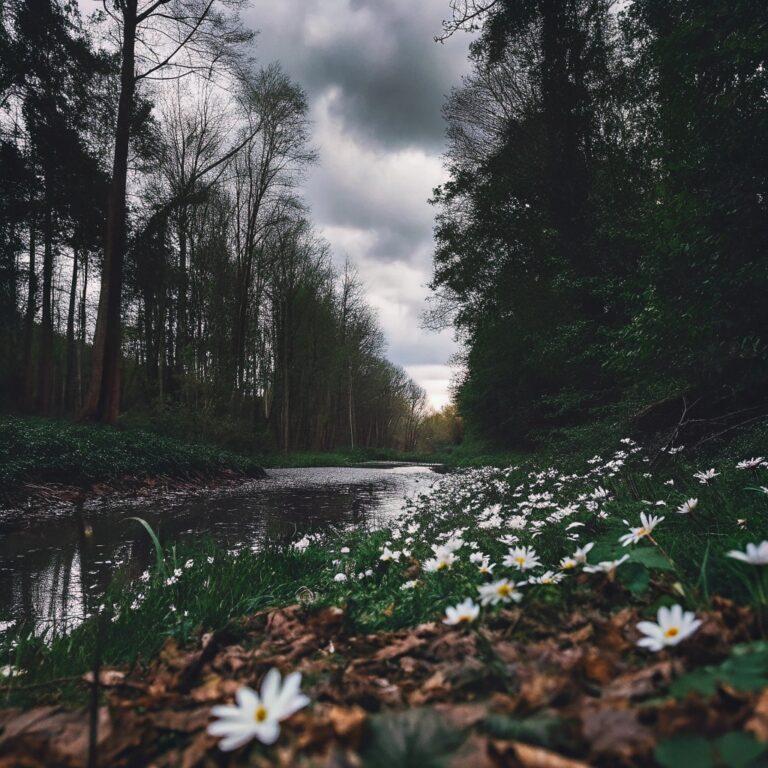
The Nature genre reconnects us with the world beyond walls. It celebrates the intricate systems, breathtaking beauty, and quiet wisdom of the natural world—inviting readers to observe, reflect, and protect the environment that sustains us. These books blend science, storytelling, and soul, often reminding us that we are not separate from nature, but part of it.
Whether it’s a poetic walk through the woods, a scientific exploration of ecosystems, or a memoir about life off the grid, the Nature genre is rooted in wonder. It sparks awe for the earth, explores humanity’s relationship with the wild, and often inspires environmental awareness and activism.
At its core, the Nature genre explores:
Ecology & Natural Science: Examining the interconnected systems of plants, animals, weather, and landscapes.
Nature Writing & Memoir: Personal reflections on time spent in nature, often focused on healing, simplicity, or self-discovery.
Environmental History & Philosophy: How our species has understood, shaped, and sometimes harmed the natural world.
Conservation & Climate Awareness: Urgent calls to action paired with deep appreciation for biodiversity and sustainability.
Seasonal, Regional, or Species-Specific Studies: Focused looks at one place, one creature, or one natural cycle in detail.
The Nature genre reminds us to look up, slow down, and listen to the world we’re part of.
Writing in the Nature genre means combining fact with feeling. Whether you’re writing a poetic field guide, a research-based call to action, or a personal story in the wild, your voice should reflect both reverence and curiosity. Here’s how to get started:
Choose a Clear Lens or Subject
Focus on a location, an animal, a phenomenon, or a personal experience in nature. Narrowing your topic brings clarity and depth to your message.
Let Observation Lead the Way
Good nature writing begins with seeing—really seeing. Include rich, specific details about the landscape, colors, sounds, textures, and patterns.
Weave Facts Into Story
Combine accurate scientific insights with lyrical storytelling. Let your curiosity about biology, geology, or climate deepen the narrative rather than overpower it.
Reflect on the Human Connection
Nature books often explore not just what is “out there,” but how it affects us internally. Touch on solitude, belonging, memory, or spiritual connection.
Balance Beauty With Urgency
Especially in works about climate change or environmental harm, blend celebration of nature’s wonder with honest acknowledgment of the threats it faces.
Use Tone Thoughtfully
Nature writing can be poetic, meditative, journalistic, or even humorous—depending on your style and message. Aim for authenticity and emotional resonance.
Encourage Presence and Stewardship
Inspire your readers to notice more, care more, and protect the world they live in. Whether subtly or overtly, your book can become a call to rediscover—and preserve—the natural world.
These influential works deepen our connection to nature and often change how we think about the environment forever:
A Sand County Almanac by Aldo Leopold
Did you know? This foundational work of ecological ethics introduced the “land ethic,” urging readers to see themselves as part of a shared natural community.
Pilgrim at Tinker Creek by Annie Dillard
Did you know? A Pulitzer Prize winner, this meditative and lyrical exploration of one Virginia creek became a modern classic in American nature writing.
The Hidden Life of Trees by Peter Wohlleben
Did you know? Wohlleben reveals how trees communicate, nurture each other, and form networks—challenging everything we thought we knew about forests.
H Is for Hawk by Helen Macdonald
Did you know? This memoir combines grief, falconry, and literary history into a moving meditation on loss, wildness, and healing.
Silent Spring by Rachel Carson
Did you know? This groundbreaking environmental science book helped launch the global environmental movement and led to policy changes on pesticide use.
Personal stories rooted in time spent outdoors, often tied to healing, solitude, or transformation.
Example: Wild by Cheryl Strayed
Books that examine ecological systems, climate change, and environmental threats through a research-based lens.
Example: The Sixth Extinction by Elizabeth Kolbert
Explores the evolution, behavior, and interdependence of species and ecosystems.
Example: The Invention of Nature by Andrea Wulf
Centered on one landscape or region, often exploring its seasons, history, and spirit.
Example: Arctic Dreams by Barry Lopez
Zooms in on a particular animal, tree, or habitat to explore its behavior and symbolic significance.
Example: The Soul of an Octopus by Sy Montgomery
Ready to share your story?
Tell us what you need—we’ll help bring your book to life.
